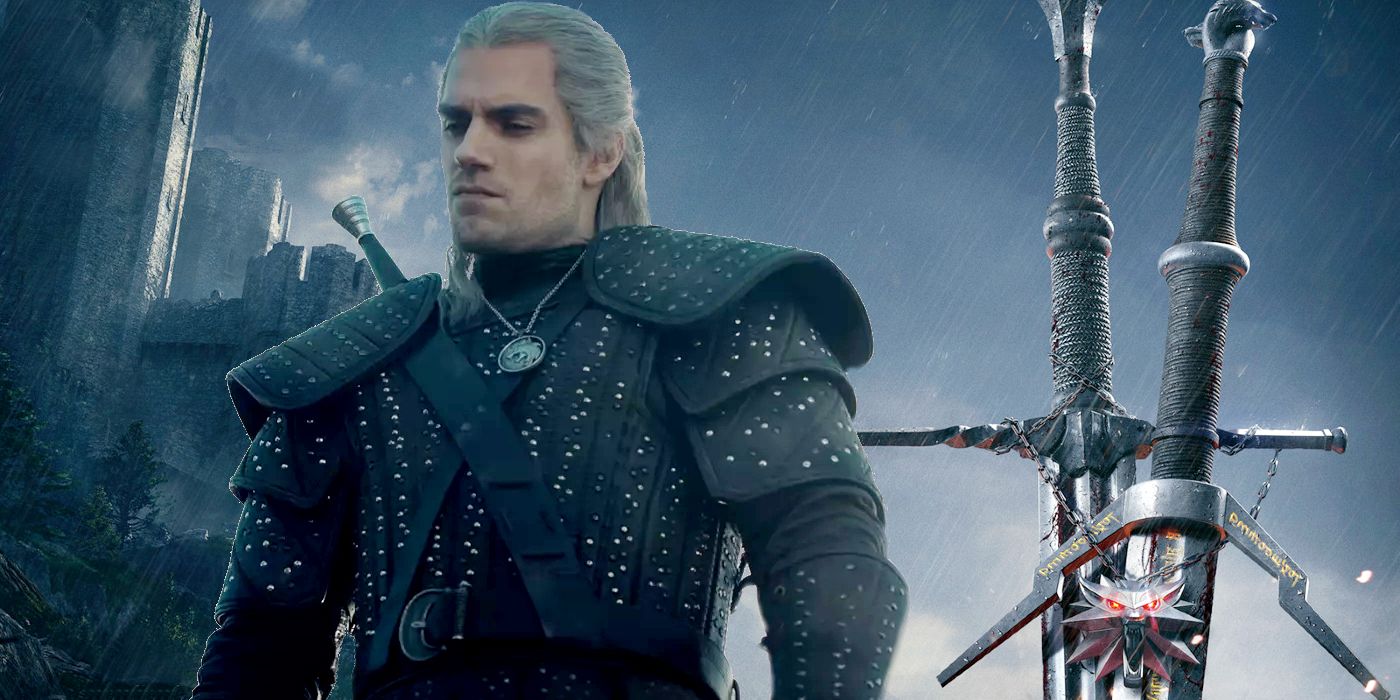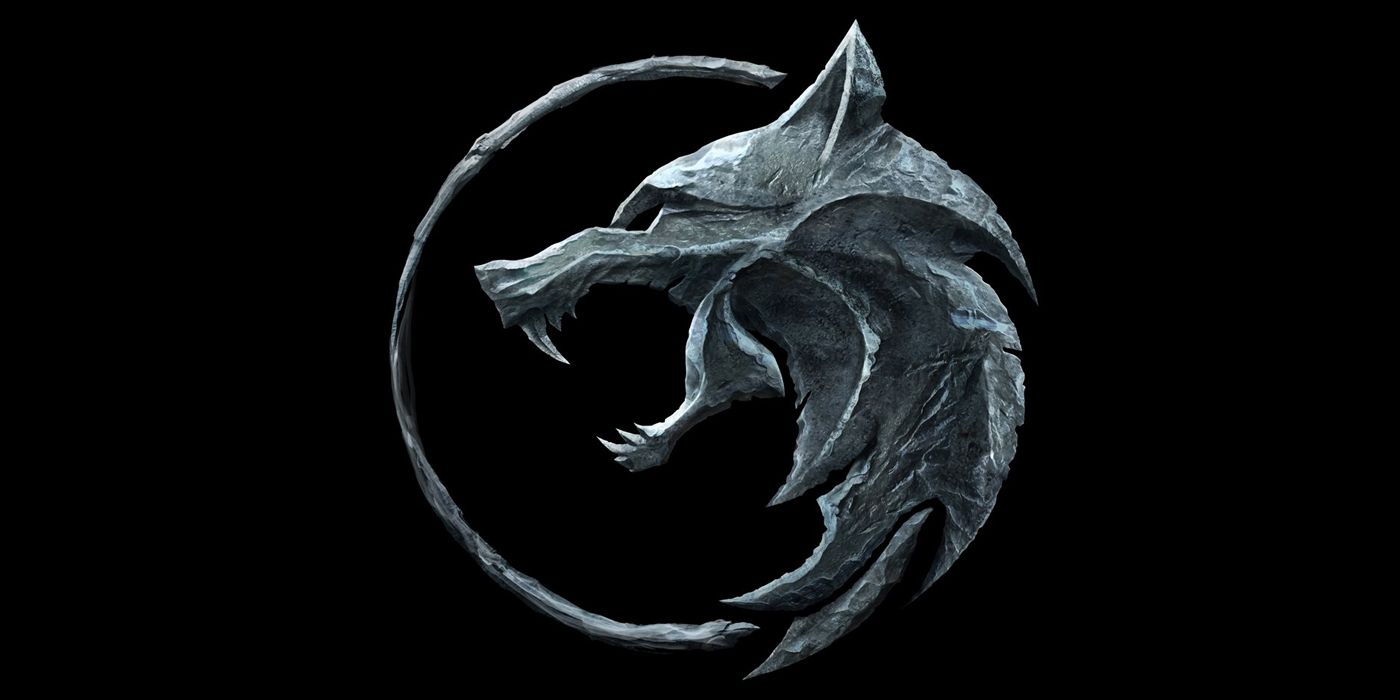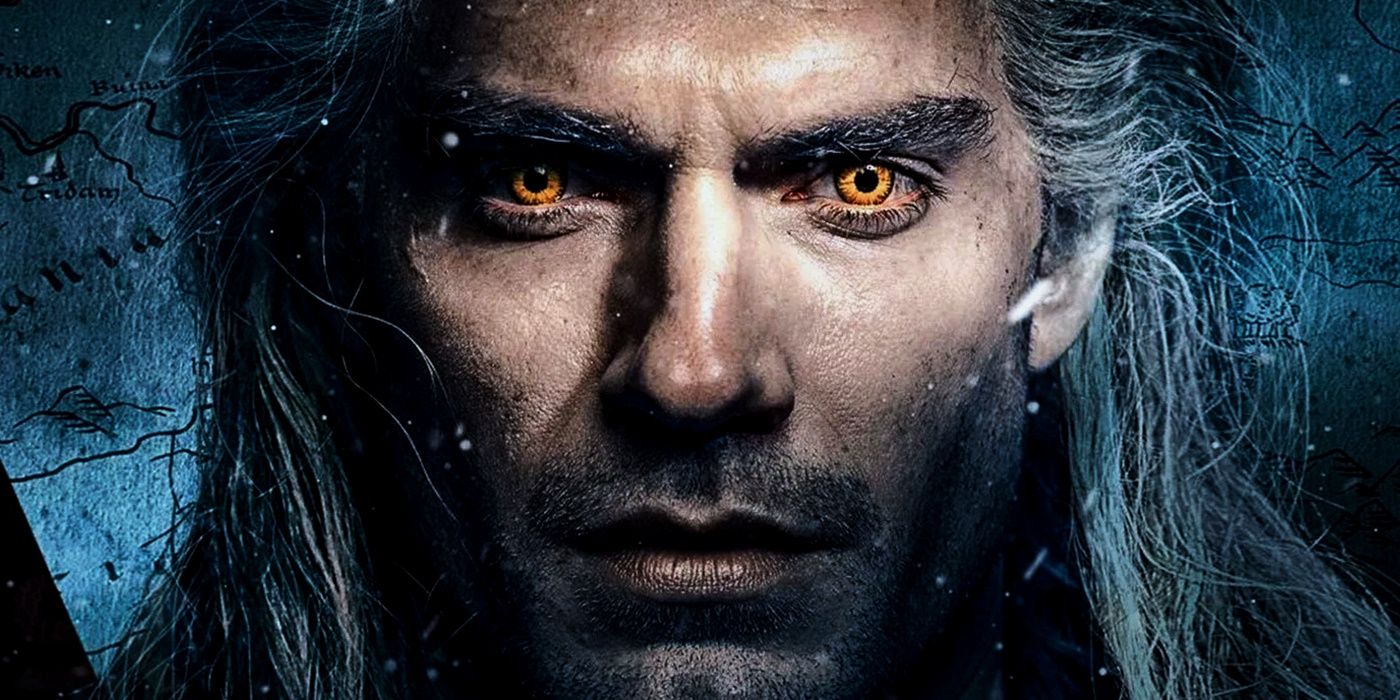What actually is a witcher, and what does Netflix's The Witcher tell fans about the order and their powers? For a show titled after Geralt of Rivia's profession, a lot about being a witcher is left unsaid. Even when Geralt is explaining his creation or his abilities to those around him, he does it in a gruff, brisque way that leaves a lot of details out. Only in the final episode of the season, "Much More," do fans get a glimpse at just how harrowing the experience can be - and how angry Geralt is that he was subjected to it.
Netflix's The Witcher is based largely on the series of short stories and novels from Polish author Andrzej Sapkowski, which means that Geralt's order of witchers and their powers have closely followed what has been written about them previously thus far. That means fans who want to know more about Geralt of Rivia and what it means to be a witcher in a world that seems to loathe them have resources available to them to do so. It's also likely that the already confirmed second season of The Witcher will detail Geralt's powers and training a lot more, since the story of Geralt, Ciri, and Yennefer has a heavy witcher focus at certain points. Although being a witcher isn't as complicated as the timeline-hopping madness of the first season or fully grasping all of the intricacies of the Law of Surprise, it's a complicated profession with a lot of stigma surrounding it in the world of The Witcher.
Luckily, figuring out what a witcher actually is doesn't have to be completely spoiler-laden. We've put together a brief guide on the most important elements of witcher lore: the order and their powers. While there will be SPOILERS ahead, none of them will significantly impact the narrative of Netflix's The Witcher, instead offering a more general understanding of witchers as a whole without diving too deeply into Geralt's personal backstory or unique mutations.
The Witcher Order Explained
Netflix's The Witcher doesn't dive too deeply into why there aren't many witchers left in the world, but there's a good reason for that: the practice of making them is brutal and inhumane, and they're ostracized as monsters themselves by humanity. The Order of Witchers was founded in the 10th century by kings and mages to create magic knights who would help exterminate monsters. The Order didn't last long, as the mages were disappointed by the mutations and the witchers were largely left to their own devices by the few who supported their continued refinement and creation. Eventually, this led to them splitting off and forming different witcher schools, which each attempted to provide more professional training for monster slaying.
Witcher schools created and trained new witchers using the Trial of the Grasses, which kills 7 out of every 10 boys subjected to them. Those who survive mutate into more powerful versions of humans with stunted emotions. Most witcher schools have fallen in the interim between their creation and the beginning of the timeline in Netflix's The Witcher. Geralt is from the School of the Wolf, which was one of the longest-lasting schools, located in Kaer Morhen. Geralt himself states that the school was sacked and the ability to create witchers was lost with it, so if that's anything to go by, it seems likely that the School of the Wolf was both the last witcher school and took the secrets of the Trial of the Grasses with it when it fell. Other famous schools include the School of the Viper, which trained Letho of Gulet in the video games, and the School of the Cat, known for its focus on agility.
Witcher Powers: Magic and Mutations
Witcher's powers mostly stem from their mutations, as demonstrated during Netflix's The Witcher season 1, where Geralt frequently escapes harm using inhuman amounts of agility, strength, and cunning. Witchers have cat-like eyes that give them night vision, preferable for hunting monsters; to complement them, their entire sensory system has been enhanced, allowing them to identify species by the scent of their blood or detect nearby enemies without actually seeing them. Witchers also have increased strength, reflexes, endurance, and speed, allowing them to withstand blows that would knock physically fit men unconscious instantly and kill monsters in one-on-one fights. Witchers also have incredibly long lifespans, living centuries and only appearing middle-aged if they're lucky enough to survive that long in their profession.
Witchers also possess reasonably powerful combat magic. It's not nearly as potent or destructive as the magic wielded by mages like Yennefer and Fringilla, but it's effective, and is designed to be versatile while giving up raw strength. Witcher magic is employed in the form of signs, which involve using hand gestures in a specific order or form to evoke the spell. Signs like Yrden, for example, which allow the Witcher to create traps on the ground that restrict movement, are not inherently strong but have incredible combat applications with the right planning. During the first season of The Witcher, Geralt appears to favor Aard, a spell that allows him to push out an unseen force that is powerful enough to throw heavily-armored men backwards or collapse weathered stone.
Finally, while not a power, witchers also possess two swords: a steel sword for human or normal enemies, and a silver sword for monsters. While he famously carries both on his back in the video games, the Netflix version of The Witcher sees a much more book-friendly interpretation, where Geralt likely stores the sword he's not using on Roach while he's taking a job that requires preparation and a specific weapon. A witcher's swordplay skills are unbelievably strong, capable of besting even the most powerful human knight with relative ease thanks to their intense childhood of training and their mutations rendering them practically unassailable in terms of strength and physical prowess.
The Witcher season one is available for streaming now exclusively on Netflix.



